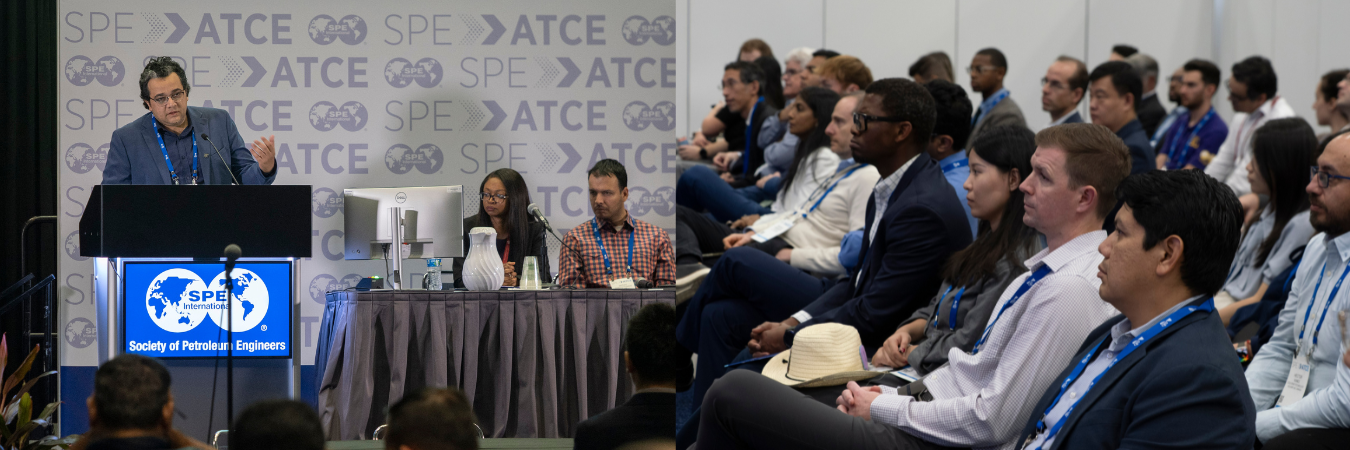Use of Machine Learning Models and Data Analytics: From Complex Parent-Child Well Interactions, Production Forecasting, to Enhance Oil Recovery
Monday, 20 October
Room 340
Technical Session
This session highlights various applications of machine learning models and data analytics to gain understanding about complex parent-child well interactions, evaluate petrophysical properties, improve production forecasting, and optimize oil and gas developments.
-
1400-1425 227985A Physics-Informed Transformer Framework for Spatio-Temporal Modeling and Energy-Carbon Tradeoffs in CCUS-EOR
-
1425-1450 227942Ensemble-based Interpretation of Inter-well Tracer Tests for Residual Oil Saturation Estimation Using ESMDA and Fourier Neural Operators
-
1450-1515 228014Forecasting Oil Production With Time-series Foundation Models - A Benchmark Study Against Classical Machine Learning Models
-
1545-1610 227945Demystifying Child Well Degradation with Novel Feature Engineering: Part2 − Machine Learning Analysis for Child Well Degradation with Multiple Parent Wells in the Delaware Basin
-
1610-1635 228040Unconventional Inflow Performance Relationship and Machine Learning Study
-
1635-1700 228091Multi-constraint Intelligent Optimization for Accelerated Horizontal Well Pattern Deployment in Complex Unconventional Reservoirs
-
Alternate 228032Dynamic Optimization of SAGD Injection-Production Parameters Using Reinforcement Learning for Enhanced Thermal Recovery and Subcool Control





